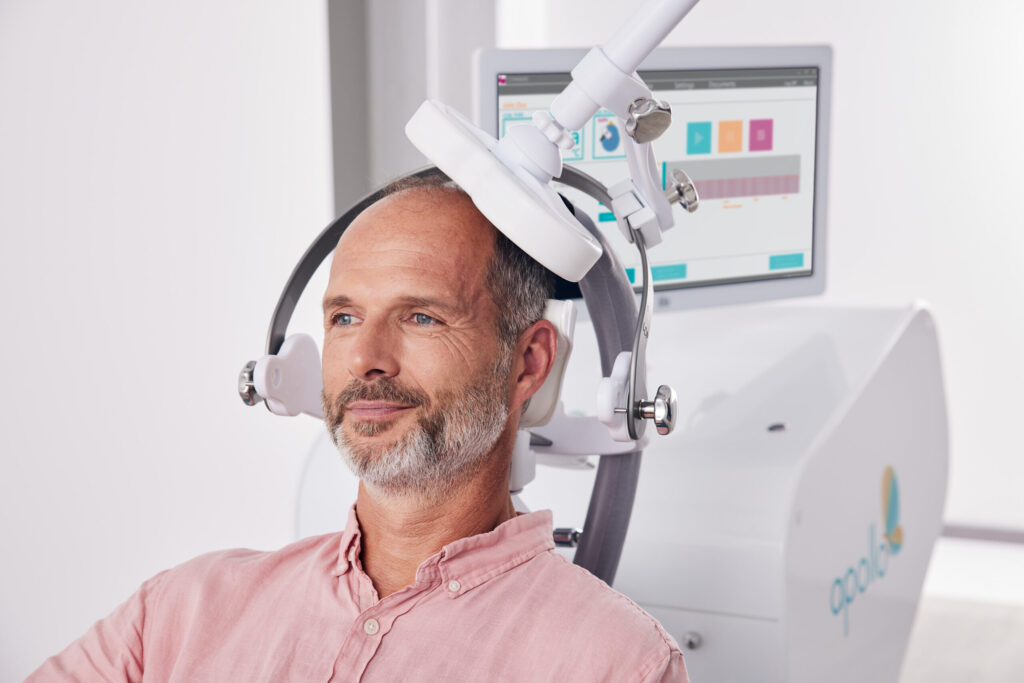Greg Thorkelson, MD with Danielle Miller, PA-C

Are you having bouts of crying, sadness, anxiety, irritability, sleep disturbances, appetite changes, confusion or fatigue? Have you or your partner recently given birth?
You may be experiencing perinatal mood changes commonly called “baby blues”. Most new parents believe this is how they are supposed to feel after having a baby. However, both “baby blues” and postpartum depression, while common are not normal.
“Baby blues” have a quicker remission of symptoms, typically within 2 weeks, and does not affect daily function or ability to care for baby. This is characterized by feelings of sadness and tearfulness.
PPD not only lasts longer, but is more severe, affects daily abilities and functioning as well as the relationship between mother and baby. Physiologically, a women’s body and mind respond differently in PPD. Both brain and behavior are altered. Throughout pregnancy, there are many physiological changes including those in hormones, physical appearance, emotions and psychology.
One of the barriers to seeking care remains the stigma that still surrounds mental healthcare. There is also the misconception that asking for or seeking care means you are an “unfit” or “unworthy” parent. This leads to as many as 50% of new parents going undiagnosed. It is estimated up to 20%of women may experience PPD from any point in time after birth up to 6 weeks postnatal.

Symptoms of PPD cause significant distress and impairment. These symptoms are those of a major depressive episode and include five or more of the following present for a duration of 2 or more weeks after birth:
Depressed mood (subjective or observed) is present most of the day or loss of interest or pleasure, most of the day plus…
· Insomnia or hypersomnia
· Psychomotor retardation or agitation
· Worthlessness or guilt
· Loss of energy or fatigue
· Suicidal ideation or attempt and recurrentthoughts of death
· Impaired concentration or indecisiveness
· Change in weight or appetite (weight change 5%over 1 month)

Anxiety may also co-occur during this time. In some cases, PPD can cause symptoms of psychosis, which include delusions (fixed, false beliefs about the world or self) and hallucinations (seeing or hearing things that aren’t really there). Hallucinations may cause suicide or infanticide. It is important to note that PPD increases the risks for additional episodes of MDD, bipolar and repeat PPD. Any personal or family history of such conditions or PPD/PPP should be discussed with your healthcare provider during pregnancy in order to closely monitor the increased risk you may have.
Once symptoms are diagnosed, treatment may consist of psychotherapy and/or antidepressant medications. Both, in combination, have been shown to have the most benefit. When considering medication, a discussion should be had about the risks versus benefits. If breastfeeding, certain medications may be safer.

If there are concerns about the side effects of psychiatric medication on mother or baby, there are procedural treatment options available. Transcranial magnetic stimulation (TMS) is a procedural based, non-invasive treatment options which utilizes magnetic waves to stimulate certain underactive portions of the brain. TMS can be an alternative or adjunct to medication and psychopharmacology, especially if medication has not been tolerated or there are other contraindications. TMS is generally safe and well-tolerated, with few systemic side effects.

